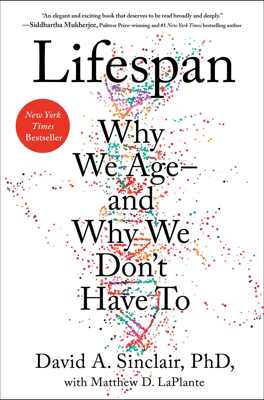A Path Forward
Vision of the Future: Living Healthily Beyond 120 Years
In envisioning a future where individuals may live healthily beyond 120 years old, the author emphasizes continued scientific advances aimed at prolonging life. Technologies like AMPK activators, TOR inhibitors, and sirtuin activators show robust evidence of their effectiveness, suggesting that a prolonged, healthier human lifespan is inevitable. Countries proactive in categorizing aging as a treatable condition and supporting aging research are positioned to benefit most from this scientific frontier.
Equitable Medical Treatments and Advances
To meet the forthcoming demographic shifts, significant investment in public health measures that focus on aging as a central concern is suggested. Not only should aging be acknowledged as a disease to stimulate funding and research, but medical systems must evolve to offer equitable treatments across all ages, counteracting inherent ageism in current medical practices. The author notes a shift in global attitudes towards health care, where treatments are not only meant for healing but also for enhancing life quality across all age brackets.
Reforming Social Entities and Work
With the expectancy of longer living individuals, revaluation of labor and retirement concepts is essential. The author discusses ideas such as skillbaticals and miniretirements facilitated by government or employer support, which allow people to rejuvenate or re-skill, reflecting a move toward an adaptable working age community. The overall job and pension structures may need reformation to accommodate a workforce that might not retire in the traditional sense.
Ethical and Social Considerations of Longevity
Further exploring the implications of extended human lifespans, the author argues for the establishment of ethical guidelines surrounding "end-of-life" choices, supporting individuals' rights to die with dignity at a time of their choosing. This includes safe, legal avenues for assisted dying, reflecting a society that respects personal end-of-life decisions amidst advancing longevity.
Environmental Sustainability and Resource Management
A sustainable approach to consumption is deemed necessary alongside advancements in human longevity. The chapter calls for increased innovations that reduce physical "stuff" through dematerialization, advocate for sustainable alternatives such as genetically modified crops, and suggest reforms in global food distribution systems. Urban planning and water management are cited as key areas needing innovation to ensure global health and resource sustainability.
Preparing for Interactions with Future Generations
Lastly, a profound personal perspective is shared, emphasizing the importance of anticipating and preparing for a future shared with many future generations. The prospect of meeting one's great-great-grandchildren is posited as a motivator for responsible, long-term planning in both personal and societal spectrums, aiming to leave a legacy that prolongs human dignity, equity, and environmental stewardship.
The thrust of the chapter is towards not just acceptance of an extended lifespan but preparing systematically and ethically for its broad implications, ensuring the advances lead to overall human well-being without compromising future generations or the planet.
